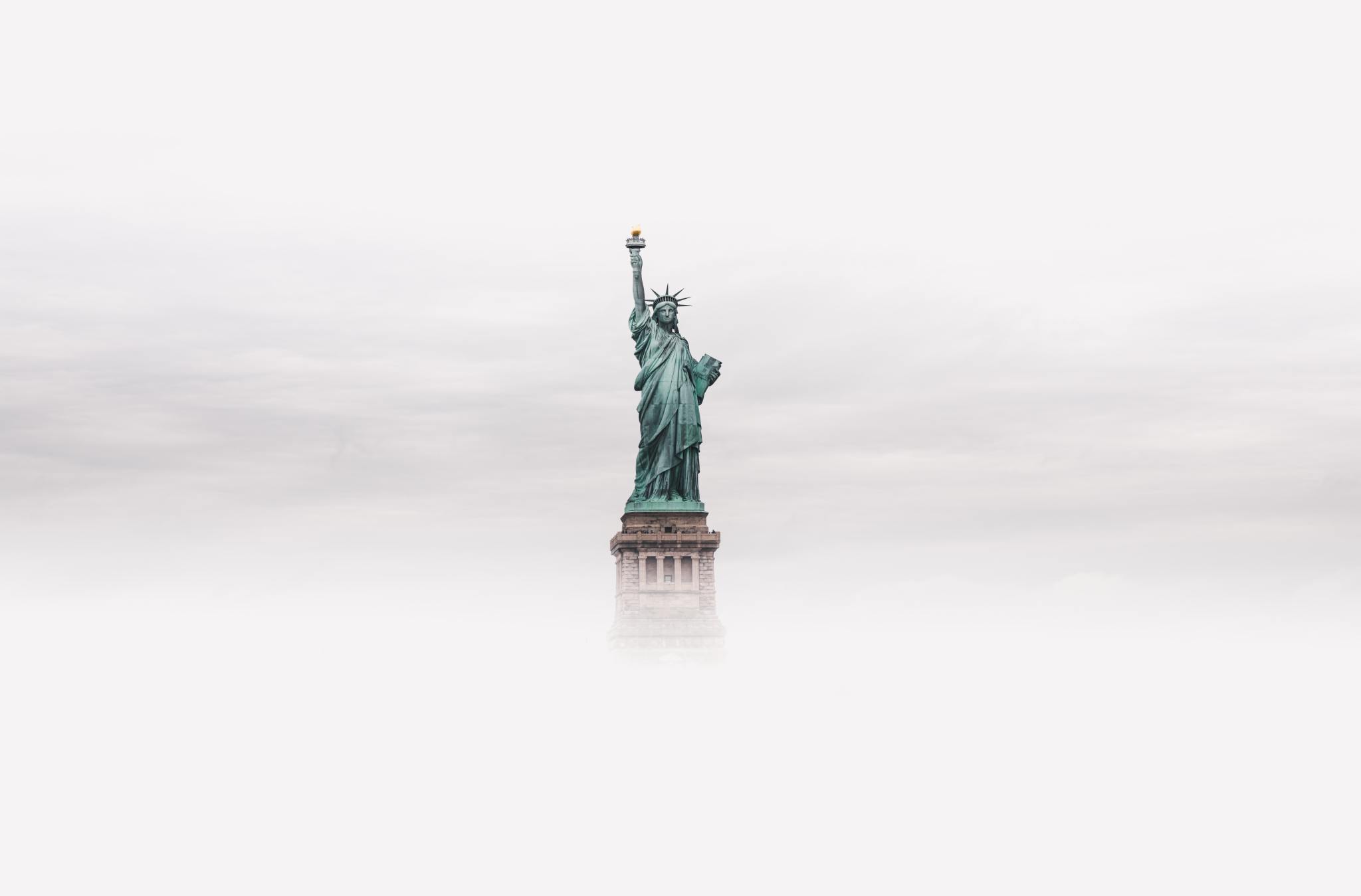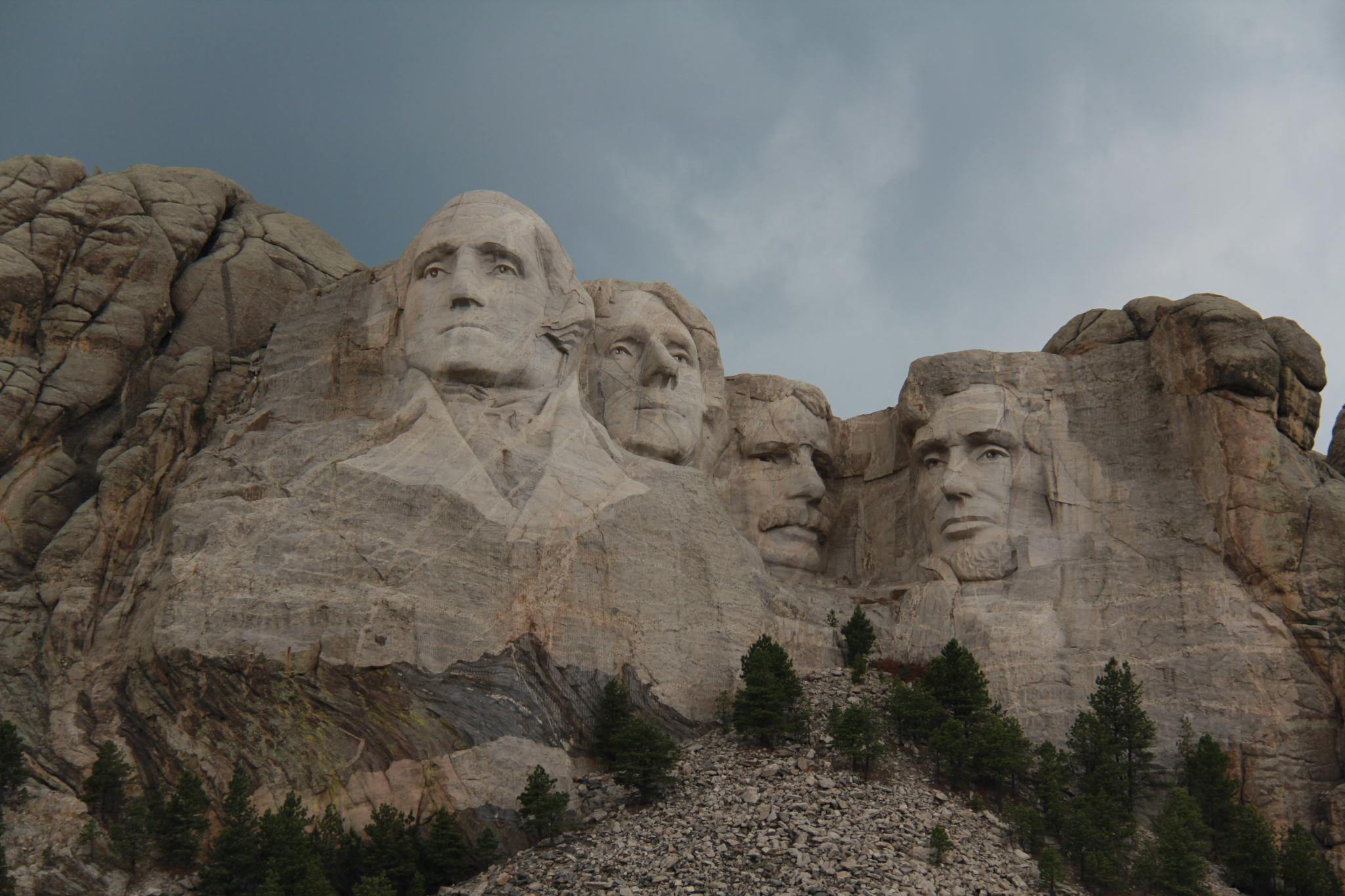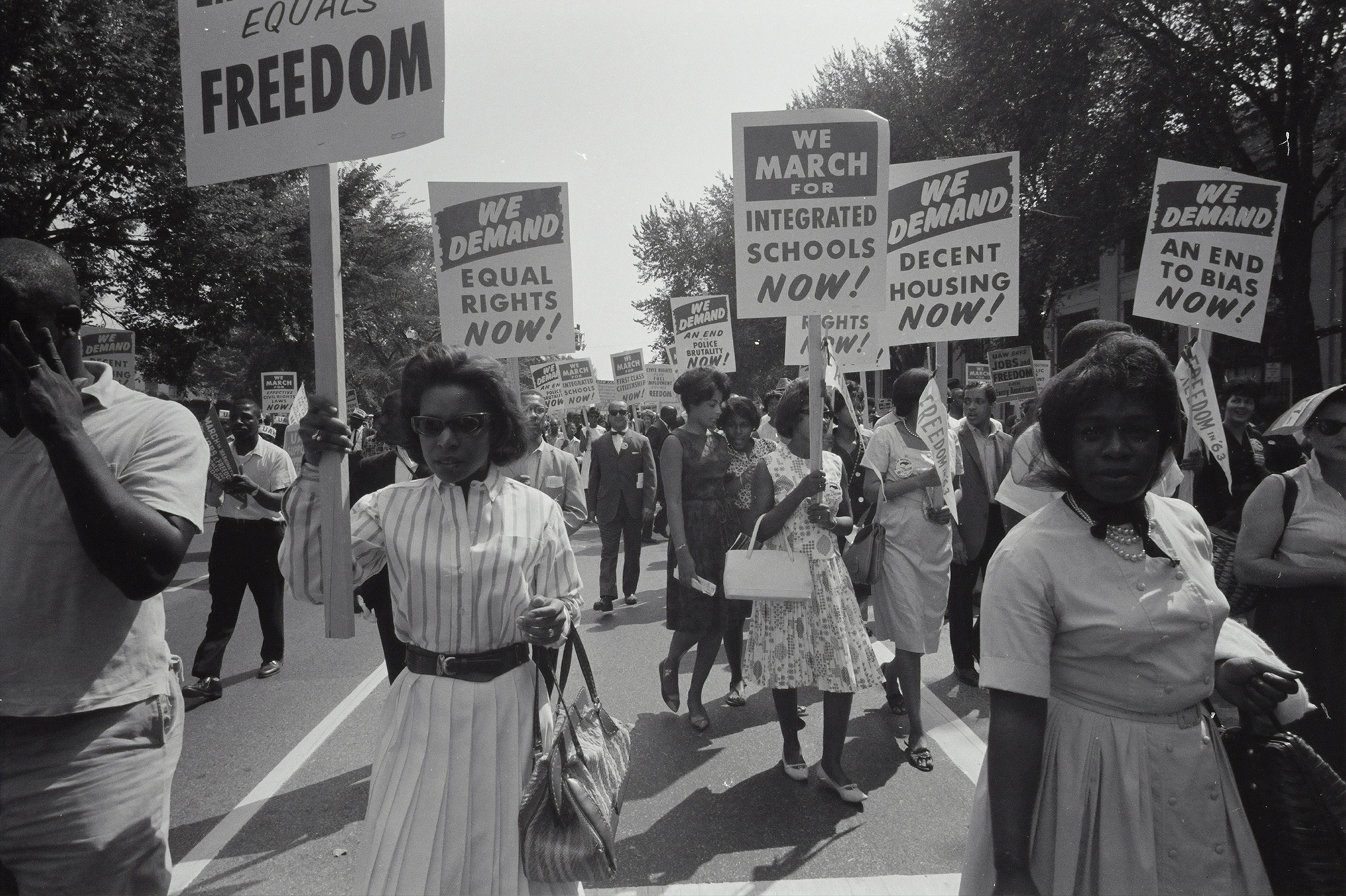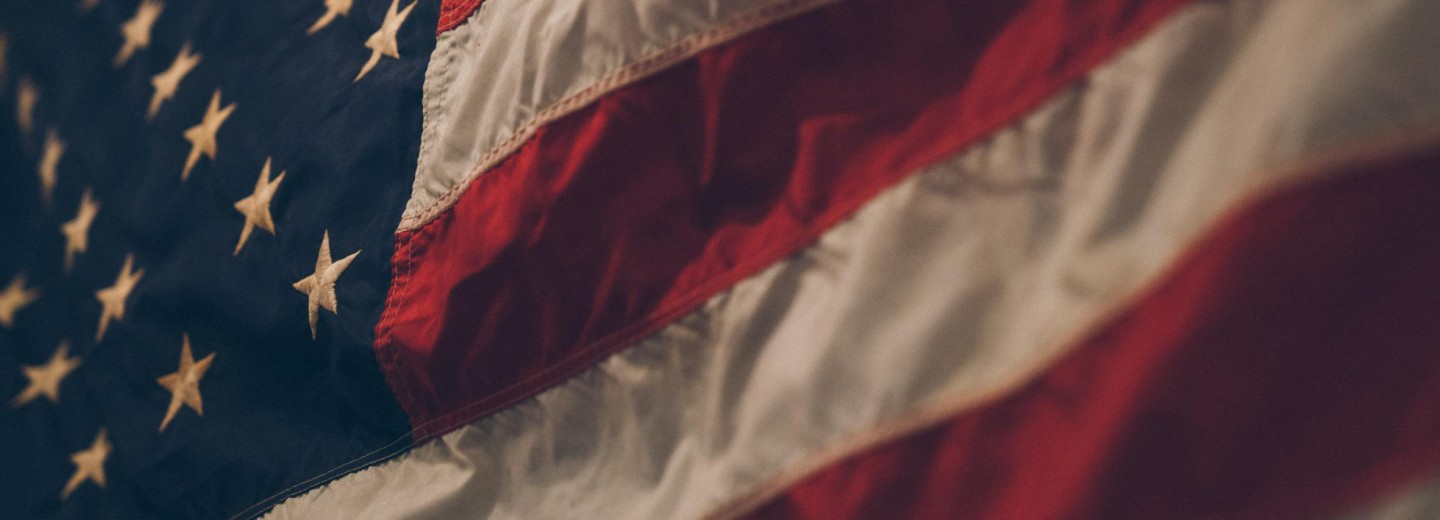Quiet Americans
In this article we look at how and why the USA feels so strongly that its principles and values are best for the whole world – not just the West. Other countries resent the interference of the USA. But the dreams of the USA have their roots in its history.
(The United States of America is too often referred to as ‘America’. This is incorrect. There are 22 countries, other than the USA, in North America. There are 12 in South America. 34 countries therefore, while sharing the same continent, are independent of the USA. Unless it was historically used thus, I do not refer to the USA as ‘America’.)
The USA and its values
If we are to understand the struggle between China and the USA, we need not only to understand Chinese history and values, but also those of the USA. Though the USA and its values have existed for just one tenth of the time of Chinese civilisation, they have dominated the world for the last 150 years.

How has this happened? Why has the USA assumed a self-appointed role as guardian of Western values and the so-called ‘free world?’ Here are a few examples; there are many others.
In 1863, after a fierce battle towards the end of the American Civil War, President Abraham Lincoln delivered his Gettysburg address. In one of the most famous speeches ever delivered, he ended:
We here highly resolve that these dead shall not have died in vain — that this nation, under God, shall have a new birth of freedom — and that government of the people, by the people, for the people, shall not perish from the earth.

Soon after the end of another appalling war, in 1950, the University of Chicago under its post-war Chancellor, Robert Maynard Hutchins, published a masterly collection of ‘Great Books of the Western World’. These include the ancient Greek philosophers through Locke and Hume to Marx, Darwin and Freud. In his preface, Hutchins bemoaned the decline of these great books in American education.
Since we take American education as the prototype of education in any highly developed industrial democracy, we predict their disappearance everywhere in the West.
In ‘The Quiet American’, British author, Graham Greene, foresees the start of the Vietnam War. The novel, published in 1955, notices growing American involvement in Vietnam in the 1950s. One of Greene’s principal characters is a young American. This CIA officer is so blinded by American values that he cannot see the calamities he brings upon the Vietnamese. In his idealism, he arranges a bomb that kills a party of innocent civilians. He believes this to be in the best interests of Vietnam in its struggle to ‘be free’.
Today, the Republican Party of the USA asserts:
The notion that our ideas and principles as a nation give us a unique place of moral leadership.
The USA therefore must “retake its natural position as leader of the free world”.
As recently as 24th June 2020, in a speech in Phoenix Arizona, the USA National Security Adviser, no less, said this about China:
As China grew richer and stronger, we believed the Chinese Communist Party would liberalize to meet the rising democratic aspirations of its people. This was a bold, quintessentially American idea, born of our innate optimism and by the experience of our triumph over Soviet Communism. Unfortunately, it turned out to be very naïve.
American exceptionalism
Thus, even today, the USA still assumes that the more successful a ‘backward’ country becomes, the more it will want to adopt liberal democracy, US-style. It is illogical to people in the USA that many countries clearly do not want this.
The above are just a few of the many examples of what allies of the USA call ‘American exceptionalism’. Those less friendly call it arrogance and cultural imperialism.
But how did this come about? How did a nation come to believe, sincerely and honestly, that its duty to the world is to promote its beliefs and way of life? And why, despite almost total failure, does its foreign policy persist in this approach?
The founding of the USA with its carefully written Declaration of Independence made clear this was to be a new society. The Constitution of the USA and subsequent Bill of Rights laid down that its governance was to be very different from that of the European states most of its citizens had gladly left behind. Nothing like these documents had ever been seen before.

The size of the USA, its natural resources, its openness to new ideas and the freedom and energy of its immigrant people rapidly made the USA the richest and most successful nation yet to exist.
(Non-white citizens have not done as well. The Declaration of Independence refers to “the merciless Indian Savages whose known rule of warfare, is an undistinguished destruction of all ages, sexes and conditions.” And, despite the Civil War, black and Hispanic women did not get to vote in the USA until 1965.)
The people and Government of the USA therefore felt (and still feel) themselves to be the determinants of what is right and good in the governance of mankind. Because of their history, their success and their power, what the USA believes must, by definition, be superior to any other nation. It is the duty of every citizen of the USA, led by its Government, to bring about “government of the people, by the people, for the people” in every country of the world. In this way – and only in this way – will other, unfortunate, races and nations achieve happiness and success. Any other point of view is just, well, plain wrong.
Despite critics inside and outside the USA, this is what most people in the USA sincerely believe. From sponsoring a revolution against the Spanish in the Philippines in 1898, through two world wars and countless other wars in Korea, Vietnam, Iraq, Afghanistan and many others, the USA intervenes around the globe in its crusade to bring liberal democracy to every country. It pours money and advice into ‘colour revolutions’ in many territories (including the Hong Kong SAR) to try and bring about ‘regime change’.
US foreign policy experts believe this will ultimately result in more liberal democratic states and thus the happiness and well-being of their citizens. Cynics might say that these interventions purely serve the interests of the USA. This is true to some extent. But voters in the USA would only support this vast expense and loss of life if they believed that ultimately it was in a good cause.
One academic at least, believes this must change. In a densely argued book, “The Great Delusion”, Professor of Political Science at the University of Chicago, John Mearsheimer, points out the failure of the USA’s foreign policy. He considers it flawed in concept, bungled in execution and irrationally costly both for the USA and the world. Furthermore, the USA’s global interventions have failed to install liberal, democratic regimes.
But this is the topic of a further article. Meanwhile, understanding how both China and the USA feel is vital to understanding the current antagonism.
Worked on the article:

Wanlikhang





